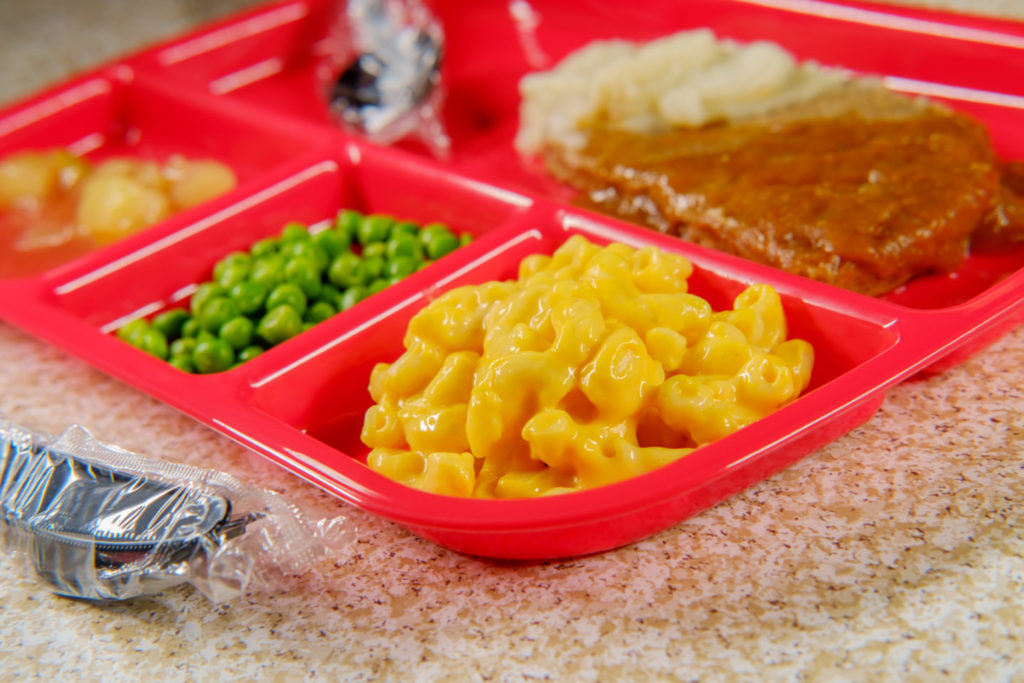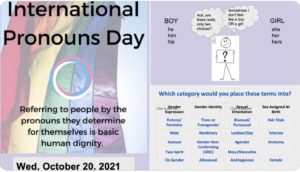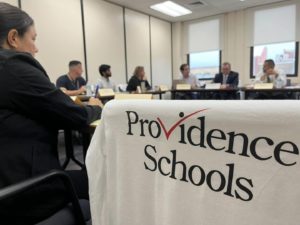Colorado Proposition FF would give all students a free lunch, but at what cost?
In two weeks, Colorado voters will cast their ballot on a proposition that effectively raises taxes for some to offer free lunches to all the state’s public school students.
Proposition FF, also…

In two weeks, Colorado voters will cast their ballot on a proposition that effectively raises taxes for some to offer free lunches to all the state’s public school students.
Proposition FF, also known as the Healthy School Meals for All program, would be funded by reducing income tax deductions for high earners, thereby creating more tax revenue the state would use for the program, according to Ballotpedia.
Advocates of the proposition claim 60,000 students – 7% of Colorado’s public school population – currently cannot afford to buy school meals but do not qualify for free meals under the current system. Voting yes would make free lunch available to all students regardless of family income, as well as incentivize schools to buy local food products and increase the wages of school food preparation employees.
Opponents of Proposition FF question whether the program is necessary since low-income students already qualify for the current free lunch program. Some critics also say the economics of the program don’t make sense.
Common Sense Institute’s analysis warns the program is at risk of being overfunded or underfunded, listing reasons for each scenario, especially as the costs of the program will likely increase over time.
Additionally, CSI notes that subsidizing local food sources and school wages will likely raise the cost of school meals, which are already more expensive than meals provided from home. If parents who could feed their children nonetheless opt into the program, the taxpayer will pay more to provide a school meal than the parent will save by not providing a home meal, CSI argues.
Gov. Jared Polis, a Democrat, has even questioned whether Proposition FF would be an effective use of funding, expressing uncertainty in early October about how he would vote.
“If we had this [funding], would it be better just to be able to pay teachers better, reduce class size? Or is the best use of it lunches for upper-middle-income families?” he asked local media.
Polis and his fellow Coloradans must make up their mind by Nov. 8.



